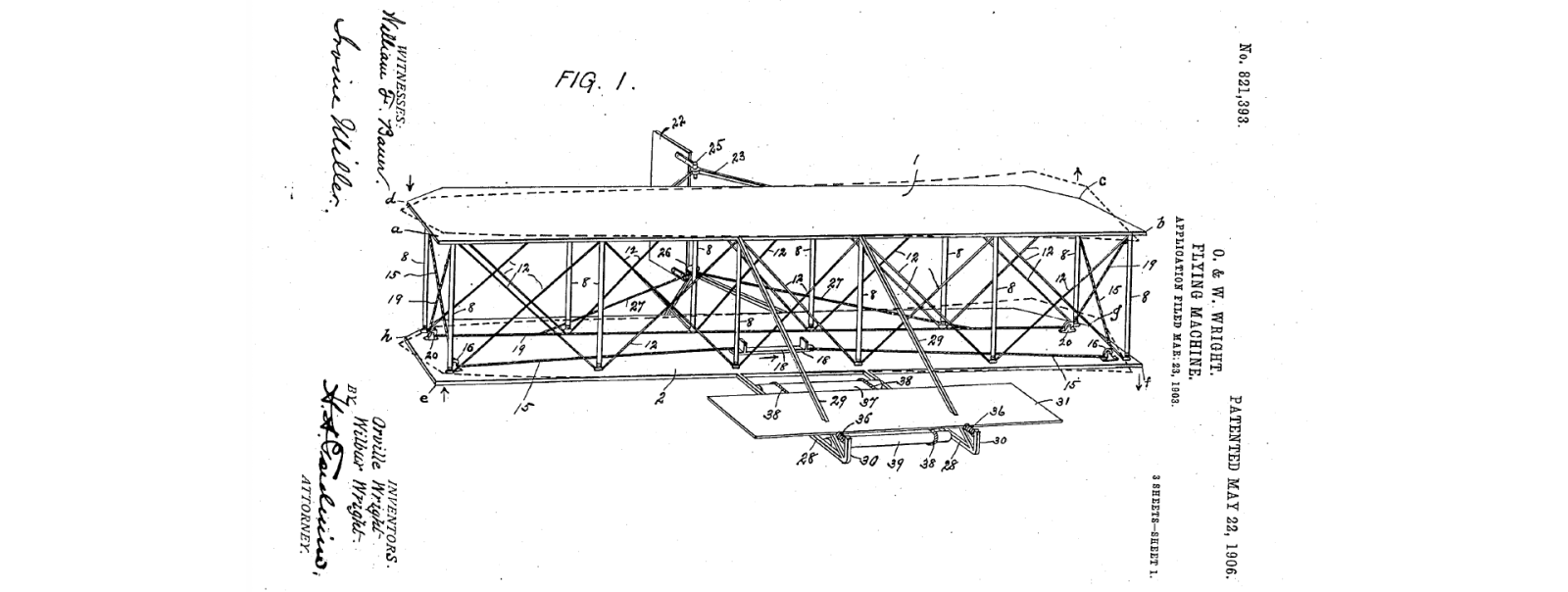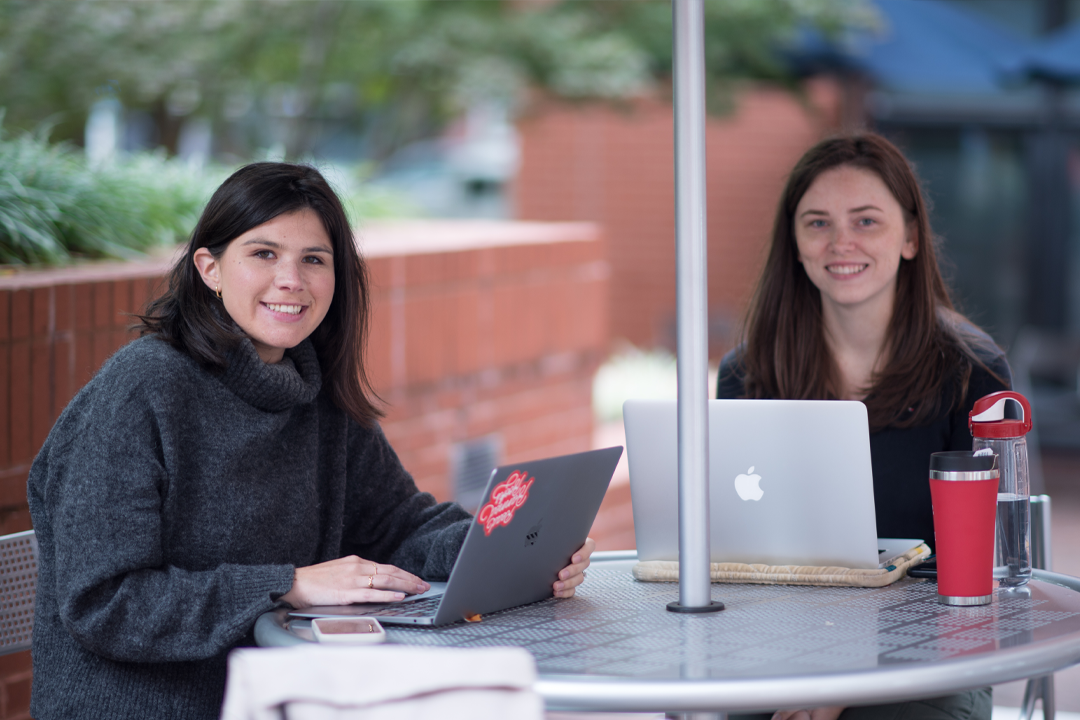"Amending the Constitution and the Article V Project"
The National Constitution Center’s "Town Hall" podcast featured Jeffrey Rosen as moderator of the segment.


The George Washington University Law School has been a leader in intellectual property education and scholarship for more than a hundred years. When GW Law established a Master's of Patent Law program in 1895, its alumni had already written the patents for Bell's telephone, Mergenthaler's linotype machine, and Eastman's roll film camera, among hundreds of other inventions, and dozens more alumni had worked in the Patent Office. Over the intervening century, GW Law has bolstered its expertise in patent law with complementary strengths in copyright, trademark, communications, computer and internet regulation, electronic commerce, and genetics and medicine.

The Bernard Center provides education, events, scholarship, and dialogue about intellectual property, privacy, data security, and technology law. The Center seamlessly merges the expertise of two distinguished programs. By synergizing the insights of law with the cutting-edge advancements in technology, the center creates a unique and comprehensive learning environment. Students benefit from an unparalleled interdisciplinary approach, positioning them at the forefront of legal innovation and technological evolution.
"Amending the Constitution and the Article V Project"
The National Constitution Center’s "Town Hall" podcast featured Jeffrey Rosen as moderator of the segment.
"Pete Hegseth Should Be Charged With Murder"
The Nation quoted comments made by Laura Dickinson in an article on Hegseth’s second strike against an alleged "drug boat” in the Caribbean.
"What to Know About the Admiral Named by Hegseth as Boat Strike Comes Under Scrutiny"
Time quoted Laura Dickinson on Defense Secretary Pete Hegseth’s orders to "everybody” onboard a boat in the Caribbean Sea.
Intellectual Property Law holds several events throughout the semester. Please check back for new events.
